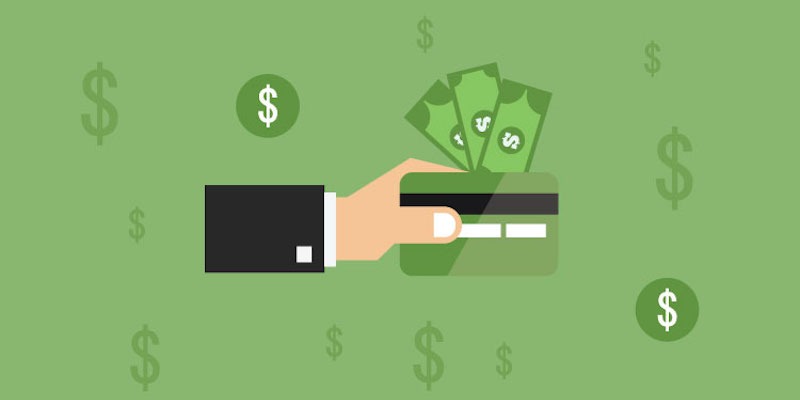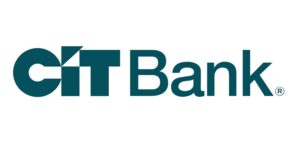
Unexpected bank fees can be irritating to deal with. If you’re not careful then these fees can sneak up on you and accumulate over time. In the case of overdrafts, the charges can compound. These fees are more common than you might think.
Through the COVID-19 pandemic, consumers have struggled to make ends meet. There is no better time to discuss how to avoid fees then now, considering that most Americans waste $100 a year on bank fees. Keep reading to learn about some of the best ways to avoid common bank charges and fees.
Set Up Direct Deposit
If your company offers direct deposit for your paycheck, we recommend taking advantage of it for it’s intelligent and convenience. Not only will your money be immediately available to you on payday, you won’t need to wait in line at the bank to deposit your check.
Additionally, various many will typically waive monthly fees if you set up direct deposit with them. Here are some other benefits of direct deposit and automatic payments you may want to learn more about.
Maintain the Required Minimum Balance
It’s pretty typical of banks to charge a monthly fee to maintain your checking account. For example, Bank of America charges up to $12 per month for its Advantage Plus Banking account. However, this fee can be avoided entirely if you maintain a minimum daily balance of $1,500 or more.
Use Your Bank’s ATMs
The largest banks own and operate thousands of ATMs nationwide. If you bank with a larger bank, odds are you’ll be able to spot a nearby ATM whenever you’re in need of cash. However, many banks will charge an extra fee to use an ATM that is operated by a different bank.
Additionally, you’ll typically pay a fee if you use an ATM kiosk at a gas station. For example, Chase charges up to $5 per withdrawal from a Chase Total Checking account at a non-Chase ATM.
If you frequently need to cash out money, then these ATM fees can add up. Avoid these fees by using your bank’s ATMs or using a bank that reimburses ATM fees.
Watch Your Spending Habits
Non-sufficient funds fees are fairly common at most banks. These banks will charge a fee when you do not have enough money on your account to cover a charge. This can happen unexpectedly with recurring payments and subscriptions.
For example, Wells Fargo will charge $35 for each payment in an overdrawn status. To avoid building up on overdraft charges, keep an eye on your account balance.
Sign Up for Overdraft Protection
Overdrafts can still occur even if you watch your balance closely. However, many banks offer an overdraft protection service to save you from those fees. To take advantage of the service, you link up another account — often a savings account — to your checking account. The bank will automatically transfer enough to cover any overages. Banks like Ally Bank offer this transfer service at no additional cost.
Enroll in Paperless Statements
Not only is paper bad for the environment, they can be costly. Electronic statements are not only more convenient, many banks charge extra if you want paper statements.
Bank of America, for example, charges $5 each for statement copies. This type of charge is avoidable by signing up for electronic delivery and viewing your statements online. If you need hard copies, you can download and print them yourself.
Avoid Unnecessary Wire Transfers
Although wire transfers are quicker and convenient compared to traditional bank transfers, which take up to three business days to complete, they usually include a cost.
For example, Chase charges up to $35 per domestic wire transfer and even more if you want to send a wire internationally. Sometimes, wire transfers are required. But if you can use a regular transfer, you can save money. You might want to explore some of the services that now offer no-cost personal transfers, like Zelle or Venmo.
Set Up Alerts and Notifications
The best way to avoid unnecessary charges is by staying informed with what’s going on in your account. if your bank offers alerts and notifications for various activities on your account then we recommend signing up for them to keep those extra fees away.
 |
 |
Bottom Line
Tired of paying those pesky bank fees? There are commonly bank fees hidden for non-sufficient funds, overdrafts, maintenance, statements, transfers and more. Save a bit of money by following the few steps listed above!
If you are interested in this sort of stuff and want to know more, feel free to check out our Bank Bonuses, Saving Rates and Credit Card Bonuses!




Leave a Reply